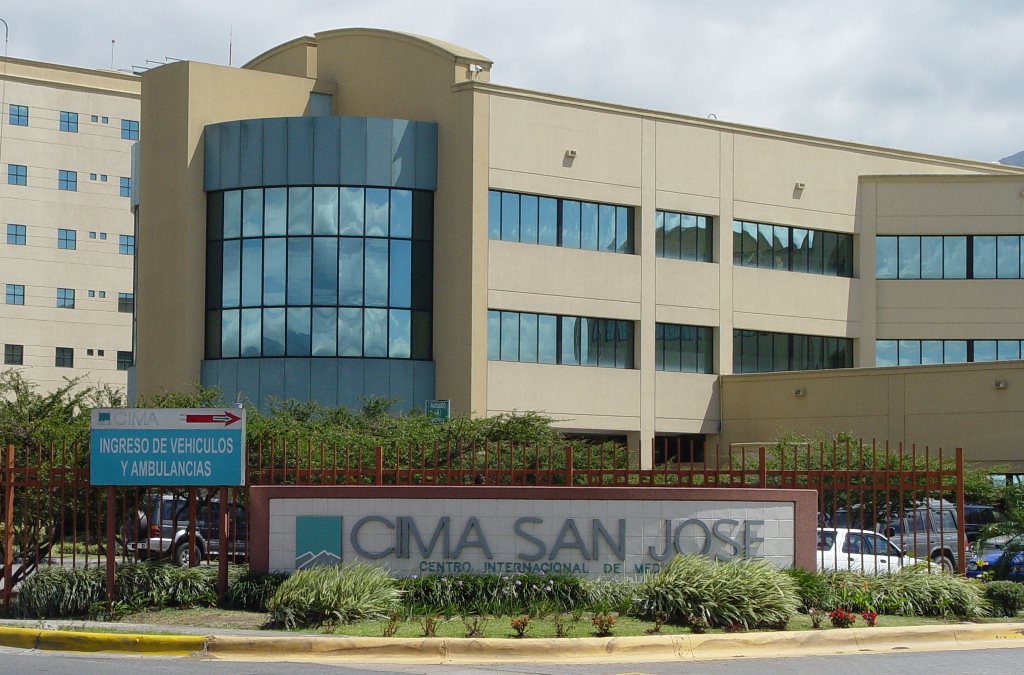QCOSTARICA — “We call for awareness about the harmful effect on women’s health of the so-called drug, “the morning-after pill” (píldora del día después, in Spanish) – a high dose of levonorgestrel – as it can affect the lining of the uterus. In this way, on some occasions, it can act as an abortifacient, by preventing the implantation in the uterus of an embryo, which is already a human life. It is very clear in this case that not everything legal is moral.”
The Episcopal Conference highlighted this message during the observance of the “International Day of the Unborn Child”, an annual commemoration of unborn fetuses, observed as a day of opposition to abortion, on March 25, established by Pope John Paul II to coincide with the Feast of the Annunciation.
– Advertisement –
In the letter, the Costa Rica bishops insisted on their philosophy of the “Gospel of Life.” This included his reading of When Life Begins.

 “The importance and sanctity of every human life, starting from conception as the union of male and female gametes, serve as a reminder that anything that jeopardizes the well-being of that life greatly undermines human dignity and is a fundamental principle for living together in society.
“The importance and sanctity of every human life, starting from conception as the union of male and female gametes, serve as a reminder that anything that jeopardizes the well-being of that life greatly undermines human dignity and is a fundamental principle for living together in society.
“We are concerned about the lack of studies that support the safety of these very high doses of hormones, particularly in adolescent women who use them repeatedly. In a context of free sale of this method, women’s health could be seriously affected,” the bishops stated.
The prelates’ letter also referred to issues of educational training.
“The Church supports comprehensive sexuality education, which could prevent a lot of pain and illness; and lead people according to the original design of the Creator,” they alleged.
– Advertisement –
To this they added direct words to those who work with the law, asking them to follow their interpretations.

“In a world where the culture of death and its postulates have increasingly spread, we appeal to the conscience of everyone, particularly those who legislate and interpret the law, to remember the postulates of our Constitution about the inviolability of life, of the most respectable humanist tradition of our country and of reason, which ultimately aims to preserve life,” they indicated.
In April 2019, former President Carlos Alvarado signed decree 41,722-S that enabled the sale of emergency contraceptives. Subsequently, multiple opposition groups submitted three separate actions of unconstitutionality, which were consolidated into a single case resolved by the Constitutional Court, or Sala IV as it is commonly known, last month.
– Advertisement –
The high court recalled that when analyzing the case of In Vitro Fertilization (IVF), the Inter-American Court of Human Rights, an international court based in San José, Costa Rica, ruled “that the protection of the right to life begins from the moment of conception.”
With this parameter, it is interpreted that such a concept arises when the implantation of the fertilized egg occurs in the uterine wall. Thus, it is legal to consume the pill as long as it is in the first 3 days after sexual intercourse.
“For the High Court, the questioned regulation, which allows its dispensation without a medical prescription, does not imply unconstitutionality, since it is a contraceptive modality for occasional, exceptional or emergency use that, according to the decree, must be taken within the first 72 hours, that is, when the implantation has not yet occurred and necessarily requires the prior intervention of a pharmaceutical regent, who must dispense the respective doses and issue the corresponding recommendations,” the magistrates ruled.
It is also insisted that the medication is not being sold as an abortifacient, a drug causing abortion, but rather as a pregnancy prevention factor.
Added to this is that it is not something mandatory.
“The decree does not impose the forced nature of a medical act or treatment; so people are free to use the contraceptive or not. It is clear that people have the right to know the mechanism of action, restrictions of use, benefits; side effects and contraindications of emergency oral contraceptives,” the high court stated.
Ultimately, it was argued that the Ministry of Health should continue to be responsible for setting the technical parameters of the medication.
– Advertisement –
Source link
Rico



